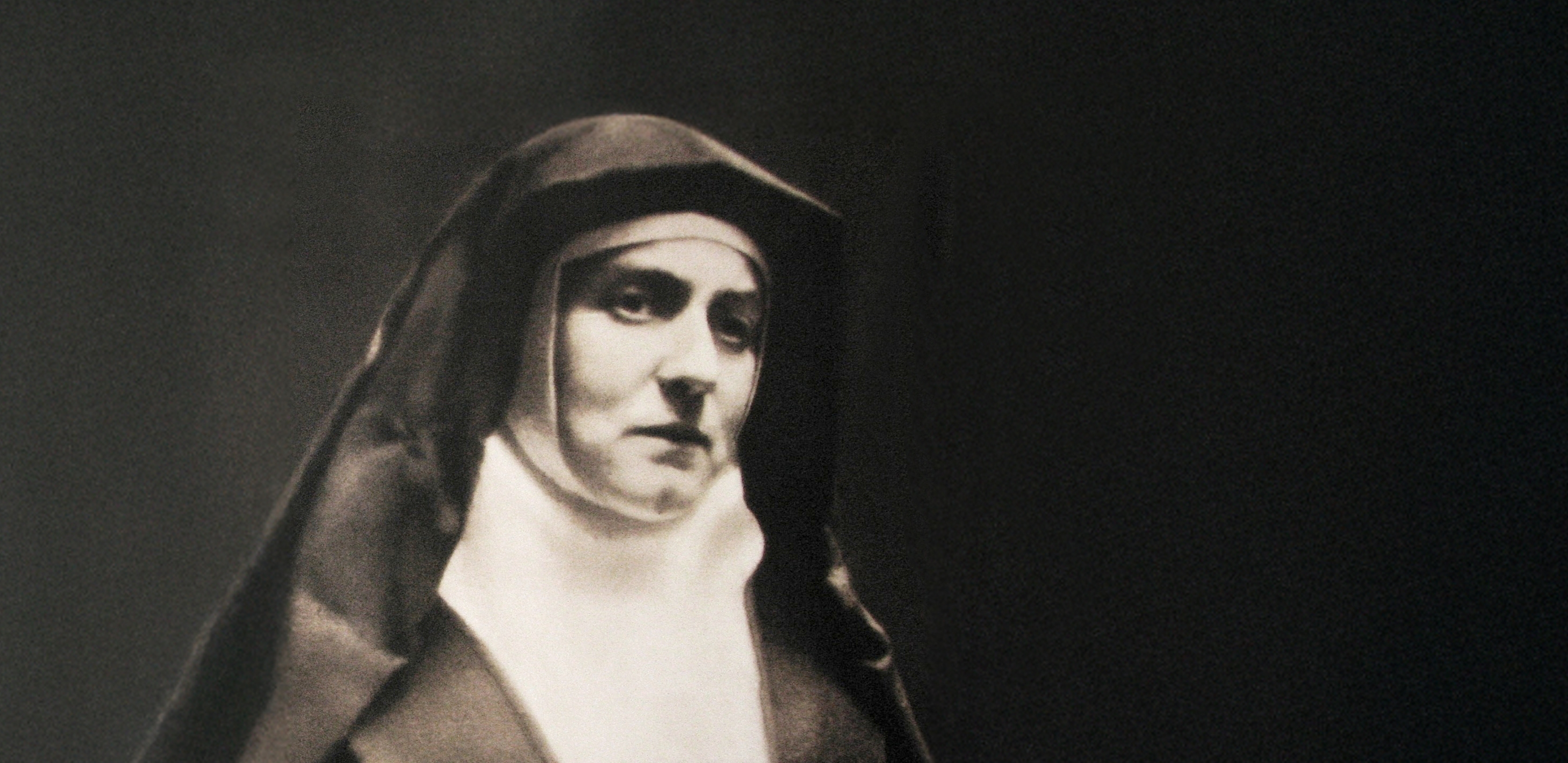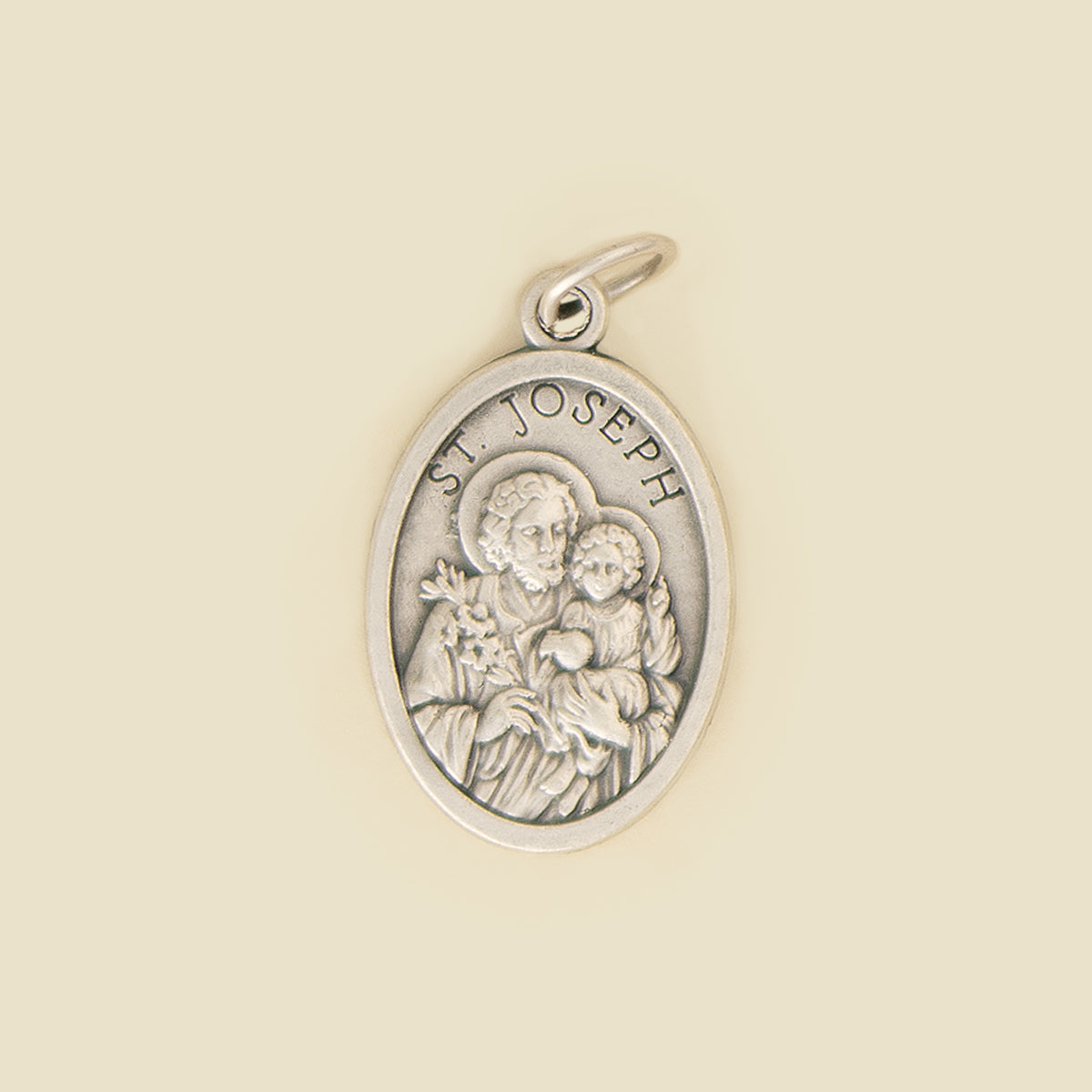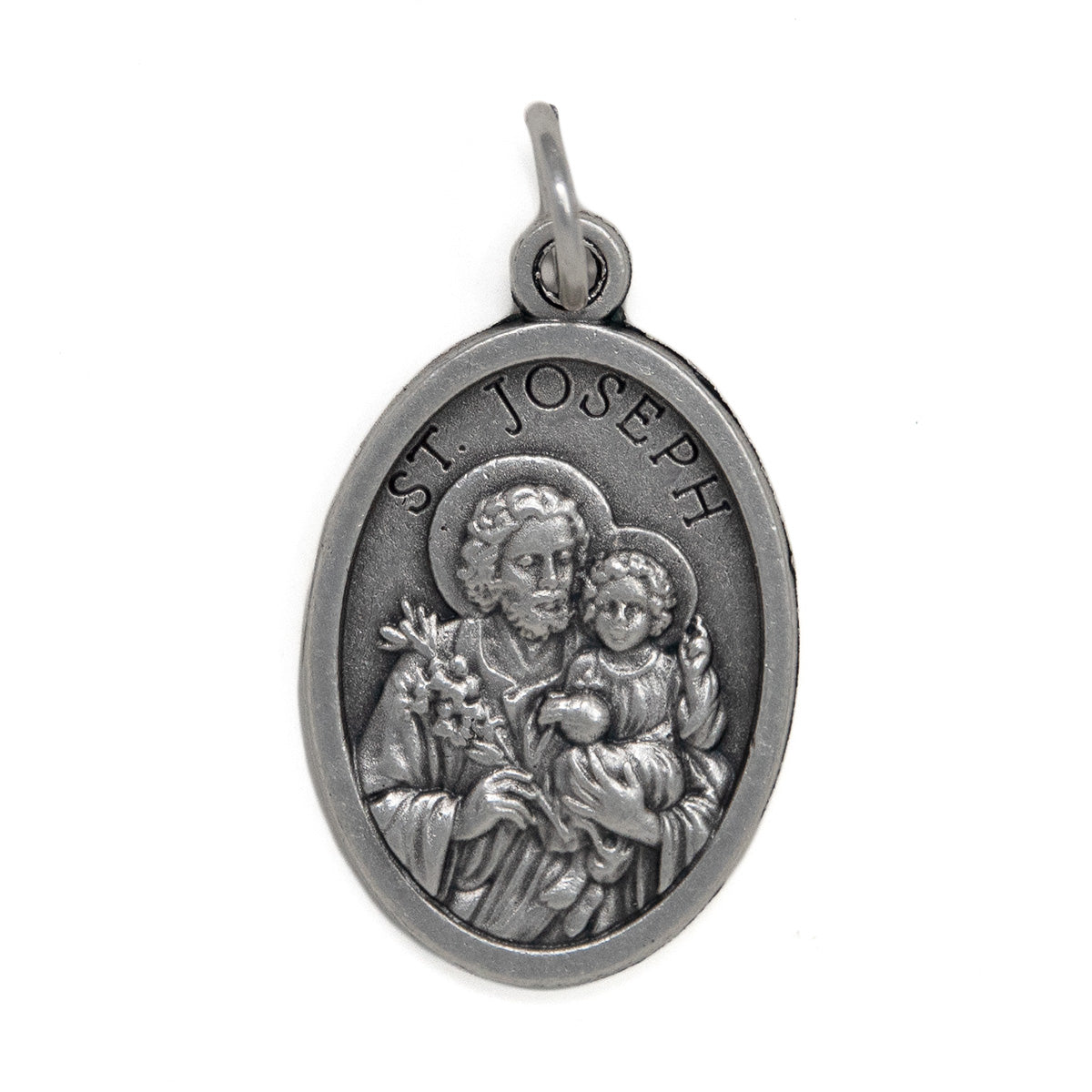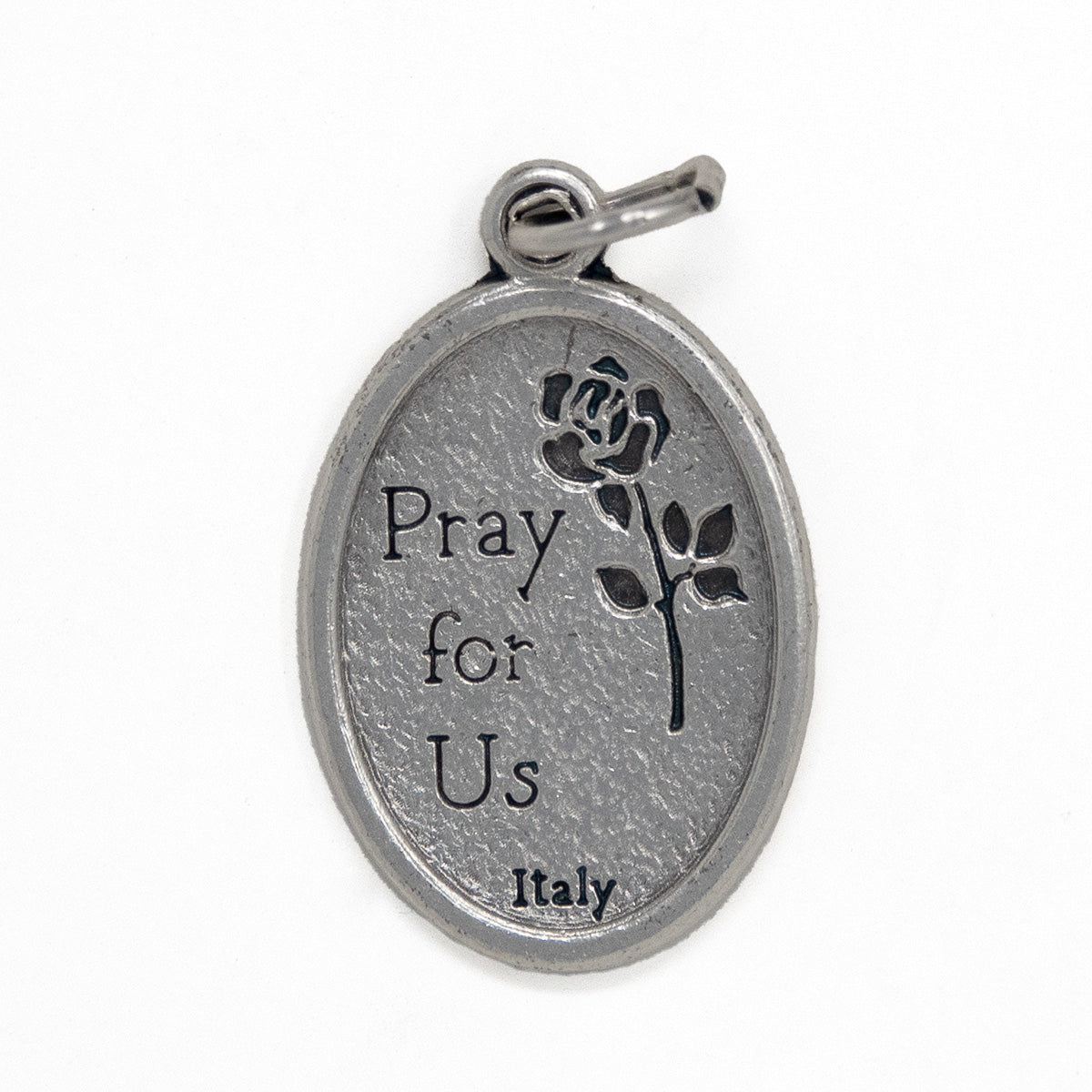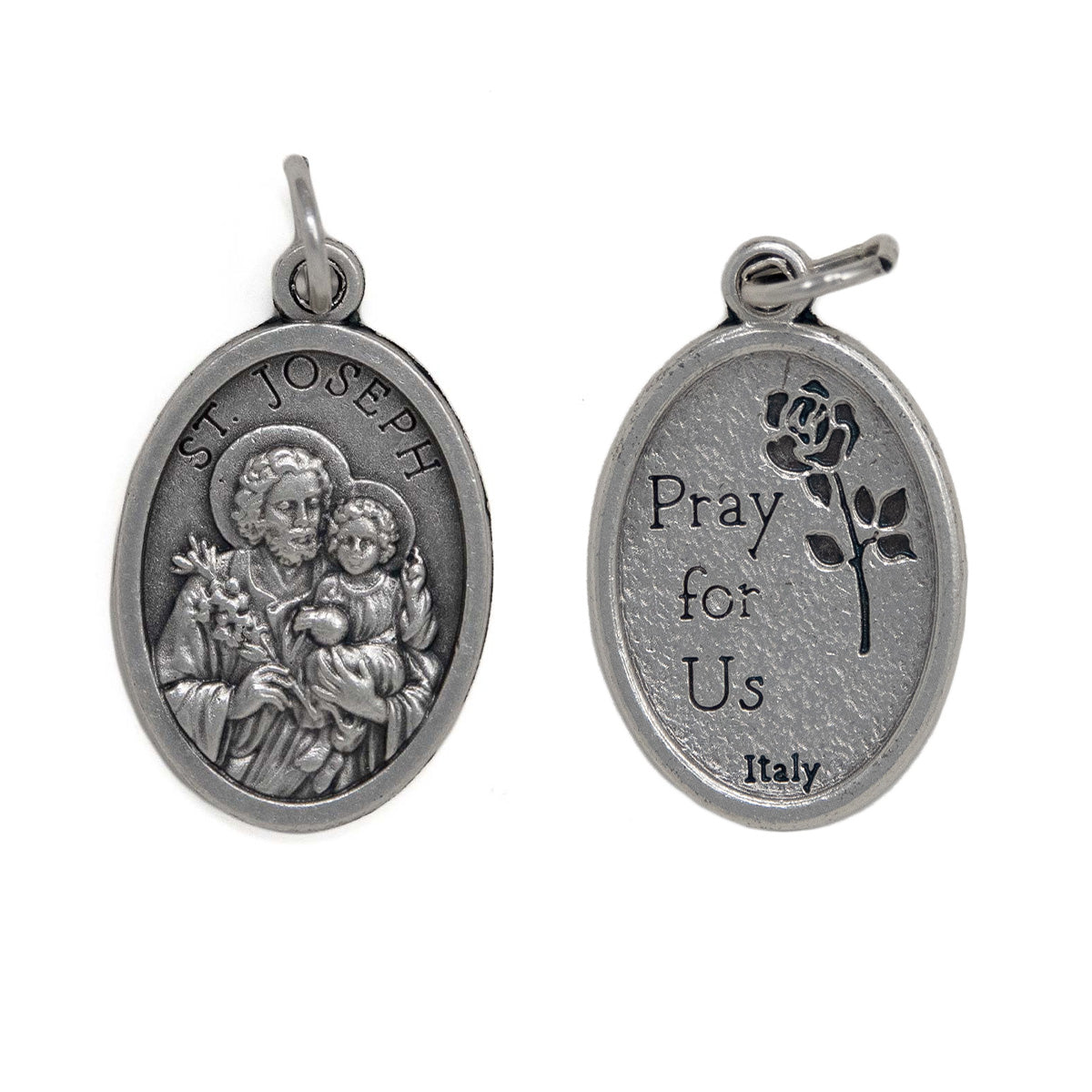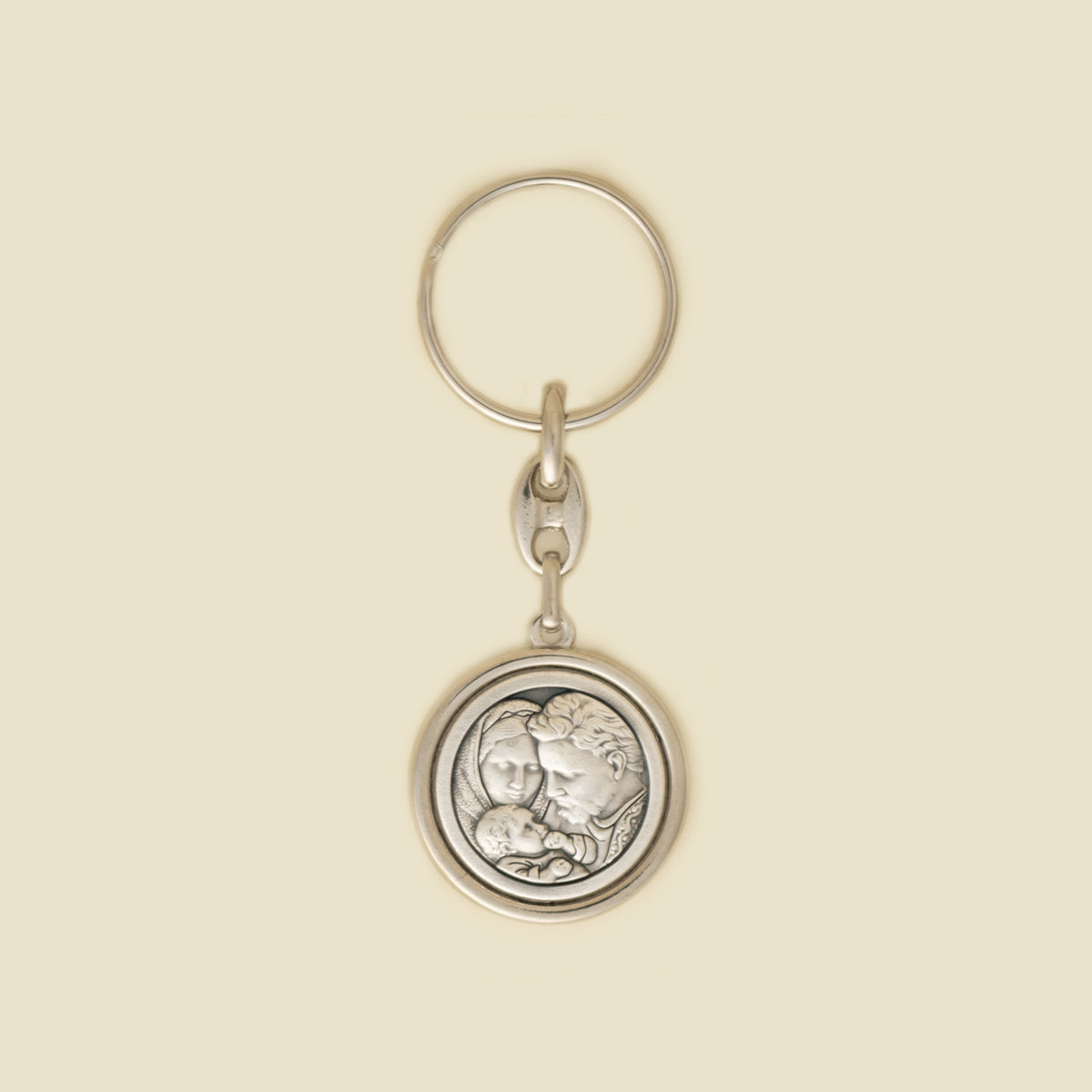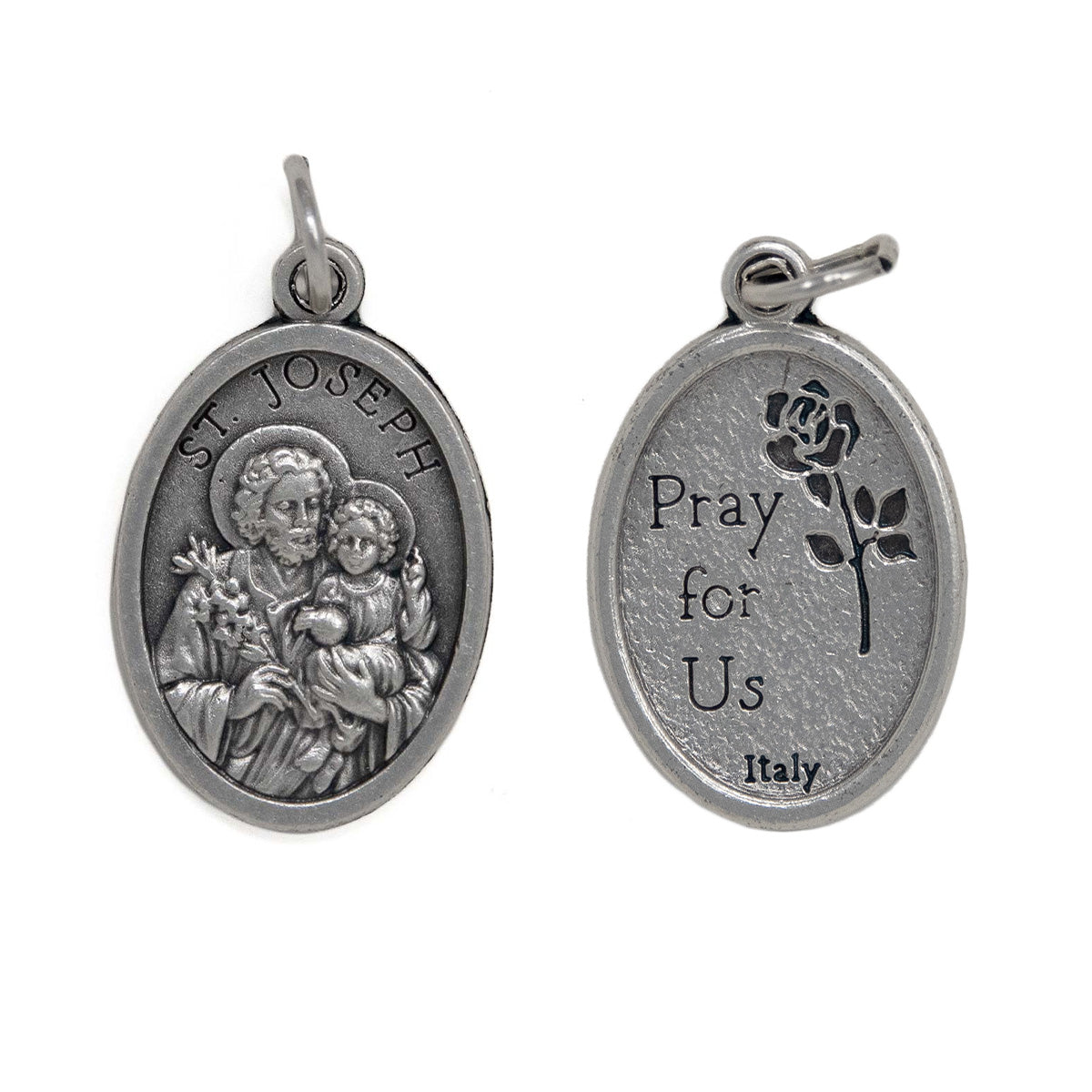The Carmelite family boasts three saintly Teresas: Teresa of Avila, Thérèse of Lisieux and our featured saint, Teresa Benedicta, whose feast day is August 9.
Although she is the least known of the trio, St. Teresa Benedicta has a fascinating story. She was an intellectual heavyweight who influenced Pope St. John Paul II, wrote groundbreaking philosophical works and was martyred in the gas chambers of Auschwitz.
Born Edith Stein in 1891 in Breslau, Germany (modern-day Wrocław, Poland), she grew up in a devoutly Jewish family. As a teenager, Edith rejected this faith and became an atheist.
From an early age, she possessed a brilliant mind, becoming a student of the renowned philosopher Edmund Husserl. He is considered the founder of phenomenology, a major movement in 20th-century philosophy that influenced Edith and Pope St. John Paul II.
Although she was an atheist, Edith still felt the draw of religion. In 1921, she came across St. Teresa of Avila’s autobiography. After reading the book, Edith acknowledged “this is the truth” and was baptized into the Catholic Church the following year.
Right away, she sought to become a Carmelite like St. Teresa of Avila, but it wasn’t until 1934 that the Carmelites in Cologne accepted her. As is customary for those entering religious life, Edith took a new name, Teresa Benedicta of the Cross, and became a devotee of the scapular and Rosary. Four years later, she was secretly moved to the Carmelite monastery in Echt, Netherlands, to keep her safe from the Nazis.
Teresa Benedicta continued to exercise her intellectual talents in the service of the Catholic faith. She produced 17 volumes of writings, including “The Science of the Cross,” “The Problem of Empathy” and “Life in a Jewish Family,” her autobiography.
Her peaceful life in Carmel was not to last. The Nazis continued to expand their influences. St. Teresa knew that it was only a matter of time before she was discovered and deported.
In 1942, the Dutch bishops publicly denounced the Nazis’ antisemitism. The Nazis retaliated by rounding up Jewish-born Catholics and deporting them to Auschwitz. Teresa and her sister were among those sent to the gas chambers on Aug. 9, 1942.
St. Teresa was canonized by Pope St. John Paul II in 1998 and declared co-patroness of Europe in 1999.
There is much we can learn from this relatively recent saint, such as her heroic patience in suffering and strong belief in the harmony of faith and reason.
St. Teresa Benedicta, pray for us!

